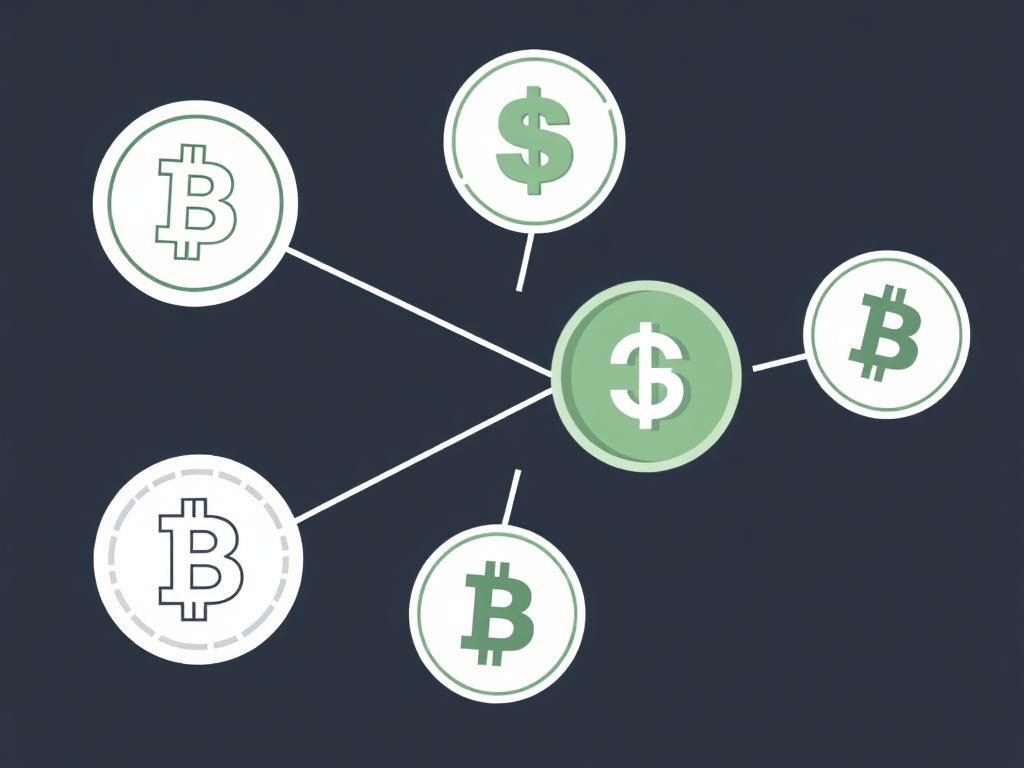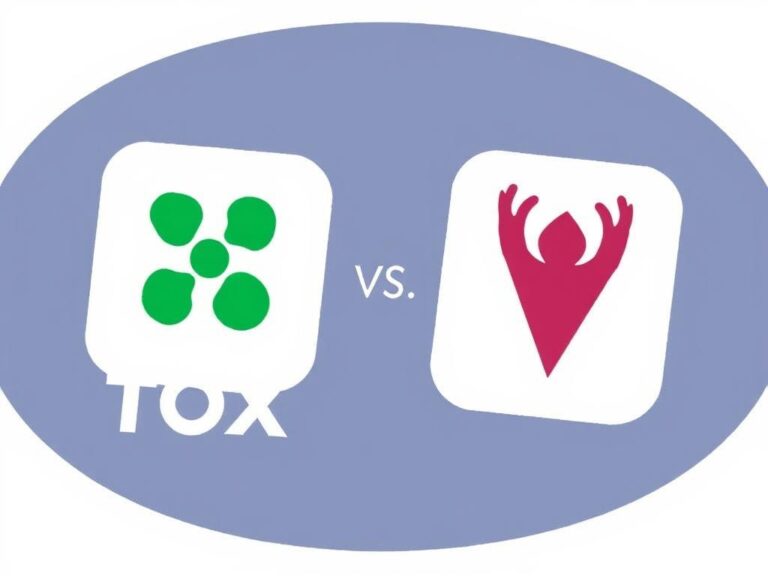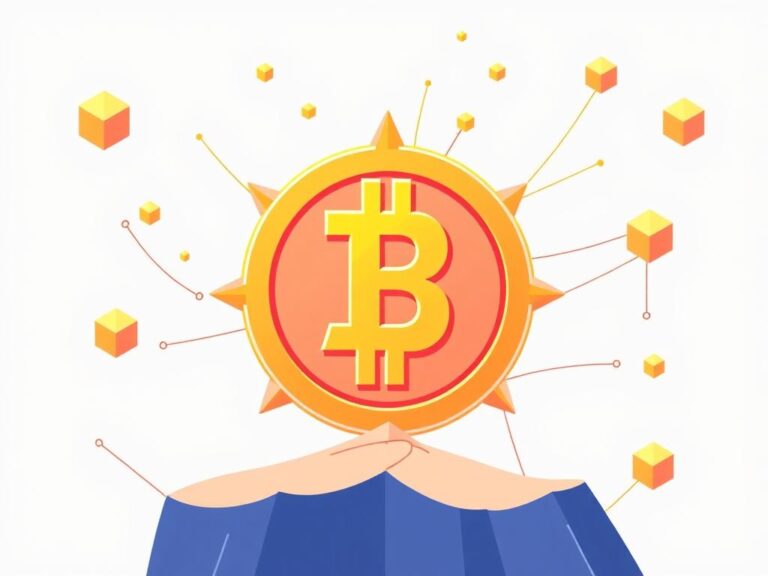P2P Cryptocurrency Exchanges: Pros and Cons You Should Know Before Trading
Cryptocurrency has taken the world by storm, and alongside centralized exchanges, peer-to-peer (P2P) cryptocurrency exchanges have emerged as a popular way to buy and sell digital assets. If you are diving into the crypto world, you’ve probably heard about P2P platforms but might wonder how they differ and whether they are suitable for your trading needs. In this article, we’ll explore the pros and cons of P2P cryptocurrency exchanges, helping you understand what makes them unique and what potential risks and rewards come with using them. Whether you’re a seasoned trader or a curious newcomer, this comprehensive guide will shed light on the evolving landscape of P2P crypto trading.
What Exactly Are P2P Cryptocurrency Exchanges?
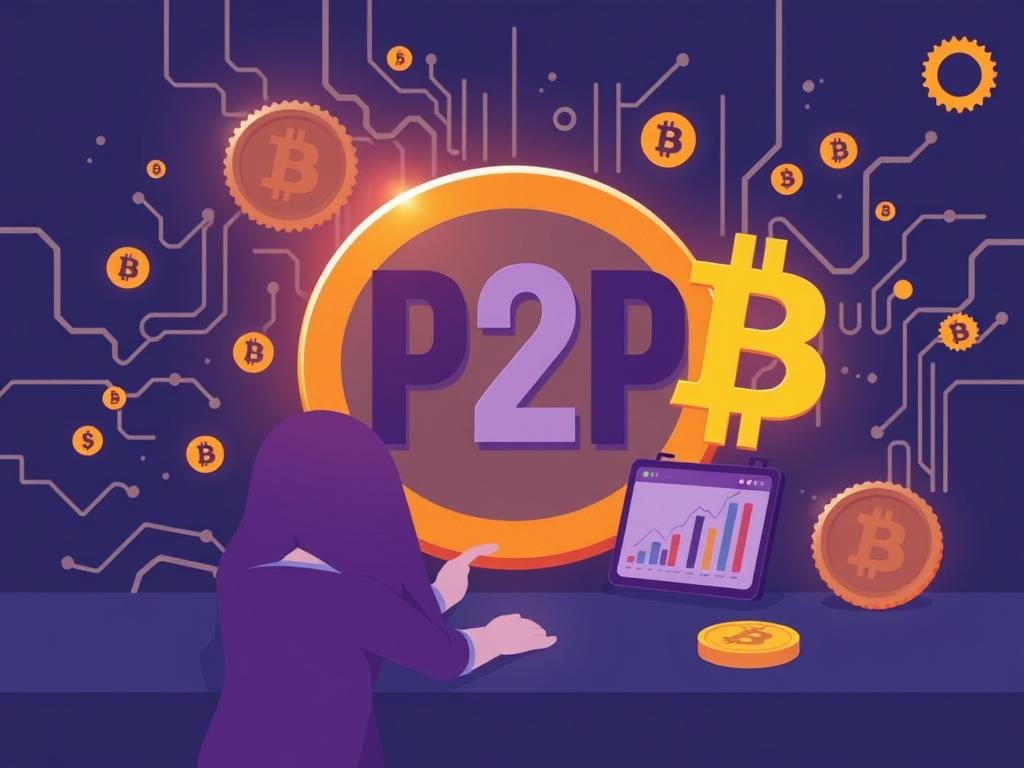
Before diving into the advantages and disadvantages, it’s essential to clarify what a P2P cryptocurrency exchange is. Unlike traditional centralized exchanges, where a company acts as an intermediary controlling transactions, a peer-to-peer exchange allows users to trade directly with each other. The platform simply acts as a marketplace where buyers and sellers can connect, negotiate terms, and complete trades without relying on a central authority holding the funds.
For instance, if you want to buy Bitcoin, you can browse listings from various sellers offering their coins at different prices and payment methods. You choose one, agree to a deal, and complete the transaction on your own terms, usually with the P2P platform providing an escrow service to ensure security.
How Do P2P Cryptocurrency Exchanges Work?
The architecture of P2P cryptocurrency exchanges can seem a bit different if you’re used to centralized exchanges. Here’s a simple breakdown of the process:
- Listing: Sellers post offers to sell cryptocurrencies, specifying price, quantity, and accepted payment methods.
- Finding a Match: Buyers search for offers that match their preferences and initiate a trade request.
- Escrow Service: Once trade commences, the platform often holds the seller’s crypto in escrow to protect both parties.
- Payment: The buyer completes payment via the agreed method (bank transfer, PayPal, cash, etc.).
- Release: After the seller confirms payment, the crypto is released from escrow to the buyer.
- Completion: Both parties can leave feedback or ratings to build trust within the community.
This decentralized model appeals to many because it offers greater freedom, flexibility, and sometimes better privacy compared to wholesale exchanges.
Pros of Using P2P Cryptocurrency Exchanges
P2P cryptocurrency exchanges offer several notable benefits that make them attractive to many users worldwide. Let’s explore some of the key advantages in detail.
1. Greater Privacy and Control Over Transactions
One significant advantage of P2P exchanges is the enhanced privacy they provide. Because you’re dealing directly with another user and not depositing funds into a centralized exchange’s wallet, your personal information and trading habits tend to stay more private. Many P2P platforms require minimal verification compared to traditional exchanges, which appeals to users who value anonymity.
2. Wide Range of Payment Methods
P2P platforms offer flexibility by supporting numerous payment methods, from bank transfers and digital wallets to even cash payments in some cases. This diversity allows buyers and sellers from different regions to trade conveniently without being restricted to standard payment systems.
3. Access to Local Markets and Currencies
Because trades happen directly between individuals, P2P exchanges often allow trading in local currencies and fiat payment options that centralized exchanges may not support. This feature is particularly vital in emerging markets where access to cryptocurrencies can be limited by regulatory or infrastructure challenges.
4. Potential for Better Prices
In some cases, P2P exchanges can offer more competitive pricing because sellers set their own rates, and buyers can negotiate, fostering a marketplace-like environment. This competition can create opportunities to find deals that centralized exchanges might not provide.
5. Avoiding Centralized Exchange Risks
By avoiding centralized exchanges, traders sidestep issues like exchange hacks, withdrawal restrictions, and policy changes that may affect centralized platforms. With your funds ideally moving between two users directly (secured by escrow services), the exposure to systemic risks diminishes.
Cons of P2P Cryptocurrency Exchanges: What to Watch Out For
While P2P cryptocurrency trading has its advantages, it also comes with challenges that could impact your trading experience or security. Let’s take a closer look at some notable disadvantages.
1. Risk of Scams and Fraud
The decentralized nature that makes P2P appealing also opens doors for malicious actors. Buyers and sellers may encounter scams, fake escrow services, or dishonesty during negotiations. While reputable P2P platforms employ verification systems and dispute resolution mechanisms, the risk never fully disappears, so user vigilance is vital.
2. Slower Transaction Speeds
Unlike instant trades on centralized exchanges, P2P transactions depend on two parties agreeing and completing payment outside the platform. This can introduce delays, especially when using slower payment methods like bank transfers or cash payments. The time required to confirm and release escrowed coins can vary, sometimes causing frustration for traders used to rapid transactions.
3. Limited Liquidity and Trading Volume
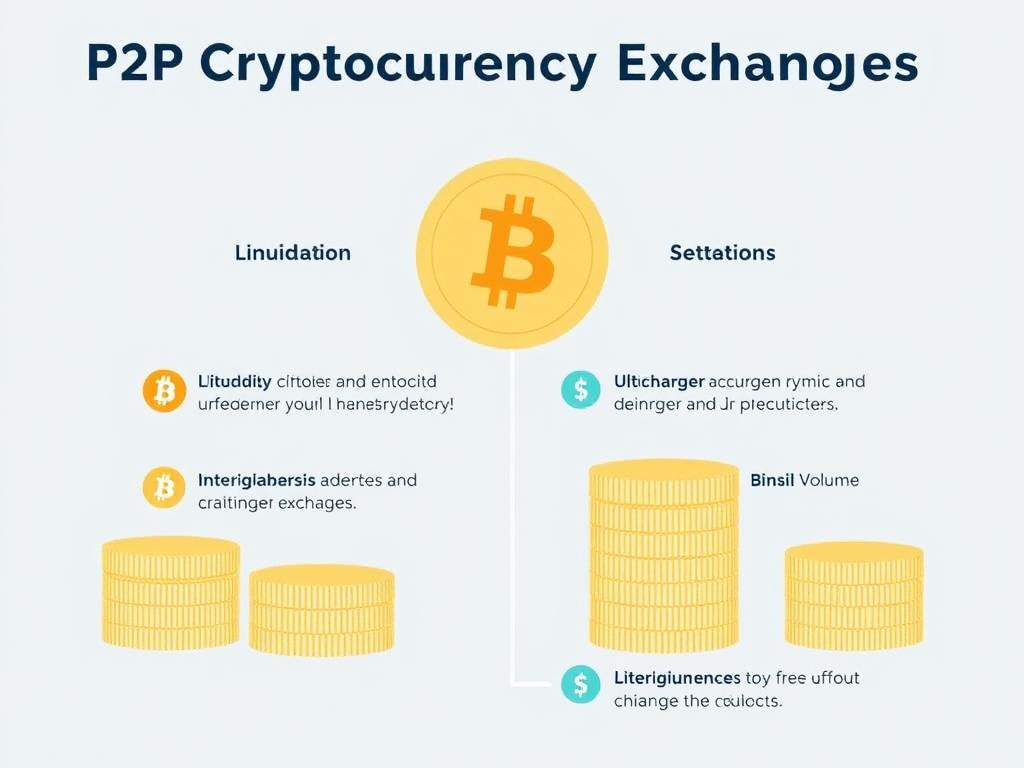
P2P exchanges generally have lower liquidity compared to large centralized platforms. This means that if you want to buy or sell large volumes quickly, you may struggle to find matching offers, resulting in price slippage or incomplete trades.
4. Complexity for Beginners
New crypto users might find the P2P process confusing. Negotiating prices, verifying payment, using escrow services, and understanding the risks can be overwhelming without prior experience. Unlike centralized exchanges, which are designed for streamlined trading, P2P platforms require more active participation and careful judgment.
5. Regulatory Uncertainty
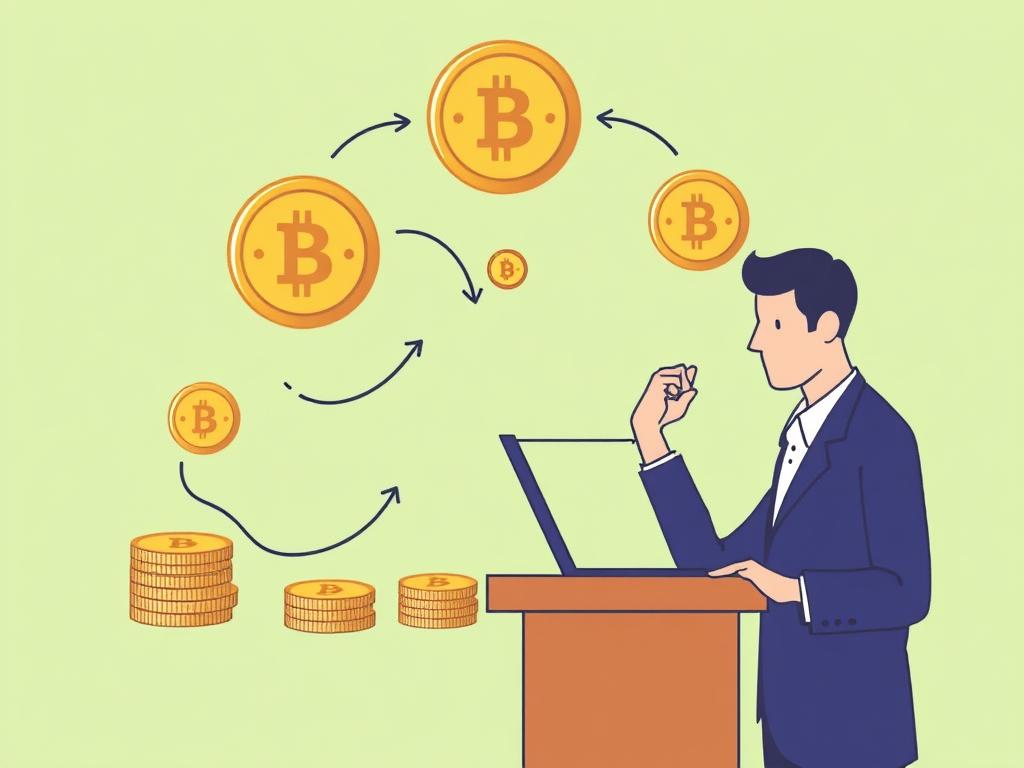
Depending on your region, P2P exchanges might face regulatory scrutiny or restrictions. Some countries impose regulations on crypto trading that impact P2P operations. Users must remain aware of their local laws to ensure compliance and avoid legal complications.
Comparing P2P Cryptocurrency Exchanges to Centralized Platforms
To help you better grasp the differences, here’s a comparison table summarizing the key qualities of P2P exchanges versus centralized exchanges:
| Feature | P2P Cryptocurrency Exchanges | Centralized Exchanges |
|---|---|---|
| Custody of Funds | Funds held in escrow or directly between users | Funds held by the exchange |
| Privacy | Higher, less KYC in many cases | Lower, with strict KYC and AML requirements |
| Payment Methods | Wide and flexible, includes fiat and local options | Mostly bank transfers, cards, or crypto deposits |
| Liquidity | Lower, depends on user offers | High, with deep order books |
| Speed | Slower due to manual steps | Fast, near-instant trades |
| Security Risks | Higher risk of scams but less centralized attacks | Risk of hacks but strong security protocols |
| User Experience | More complex, requires active management | User-friendly, designed for ease of use |
Popular P2P Cryptocurrency Exchanges You Might Consider
If you’re interested in trying P2P crypto trading, here are some widely used platforms known for their user base, reputation, and features:
- LocalBitcoins: One of the oldest and most popular P2P platforms, offering many payment options worldwide.
- Binance P2P: A branch of Binance, combining a vast user base with P2P features and escrow protection.
- HodlHodl: A non-custodial P2P exchange, meaning it does not hold user funds, enhancing security.
- Paxful: Known for a wide choice of payment options and global reach.
- Bisq: Open-source and fully decentralized, emphasizing privacy and security.
Tips to Stay Safe When Using P2P Cryptocurrency Exchanges
Trading on P2P cryptocurrency exchanges can be rewarding but requires caution. Here are some essential safety tips to keep in mind:
- Verify Users: Check ratings, reviews, and trade history before engaging with sellers or buyers.
- Use Escrow Services: Always trade with platforms that provide escrow protection to prevent fraud.
- Avoid Off-Platform Communication: Keep all discussions and transactions within the exchange to ensure record keeping and dispute resolution.
- Be Patient: Don’t rush payment or crypto release; confirm transactions carefully.
- Start Small: Test trades with small amounts until you gain confidence.
- Understand the Payment Method Risks: Some payment types (like reversible payments) carry higher risks.
Conclusion
P2P cryptocurrency exchanges present a unique way to trade digital assets that prioritizes decentralization, privacy, and flexibility. They open doors to diverse payment methods, local currencies, and direct negotiation between traders all over the world. However, they come with challenges such as slower transaction speeds, potential scam risks, and sometimes limited liquidity. For anyone considering venturing into P2P crypto trading, understanding these pros and cons is crucial to making informed decisions. By choosing reputable platforms, using escrow services, and staying vigilant, traders can enjoy the benefits of P2P trading while mitigating its drawbacks. Whether P2P exchanges become a central part of your crypto journey depends on your priorities for speed, security, and control—but either way, they are an essential piece of the growing cryptocurrency ecosystem.
